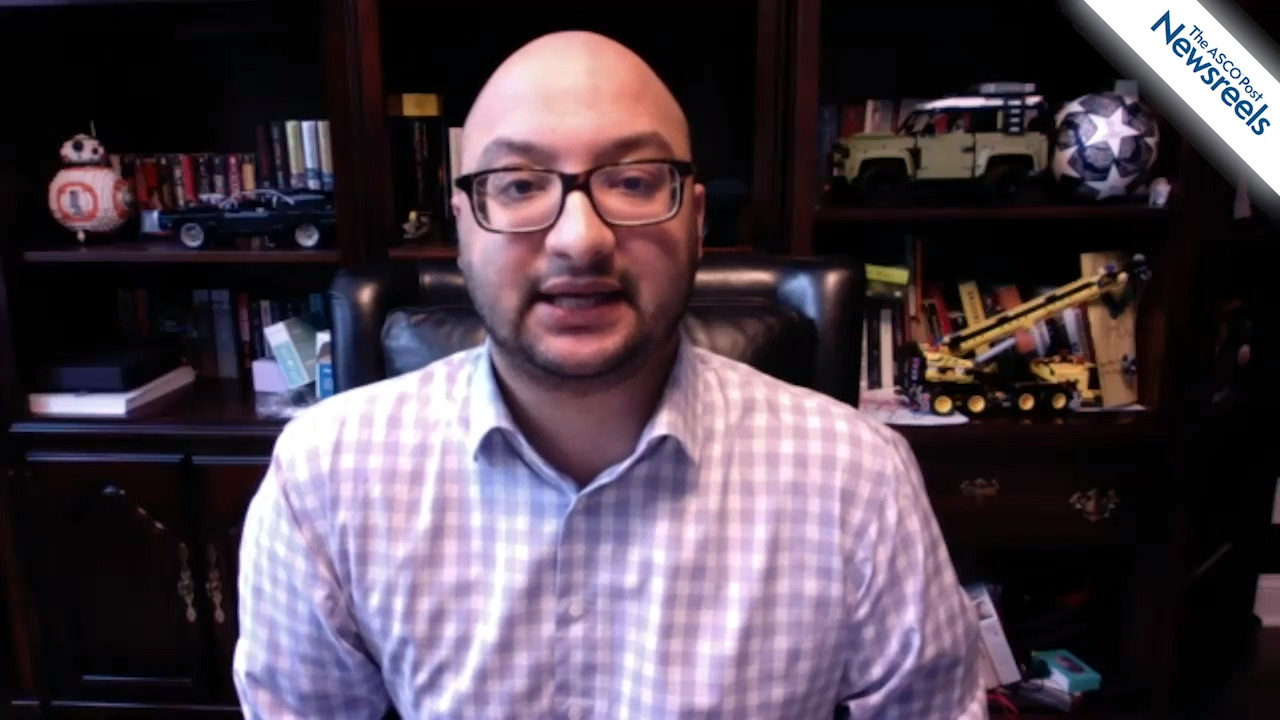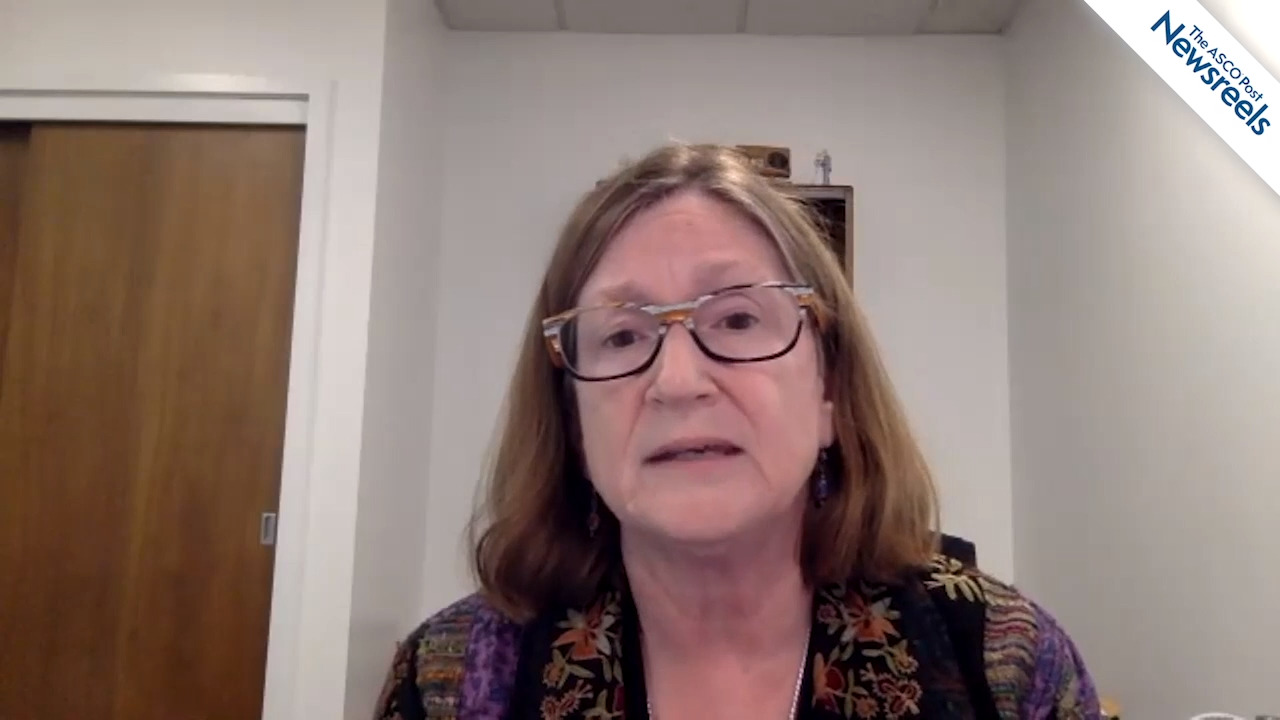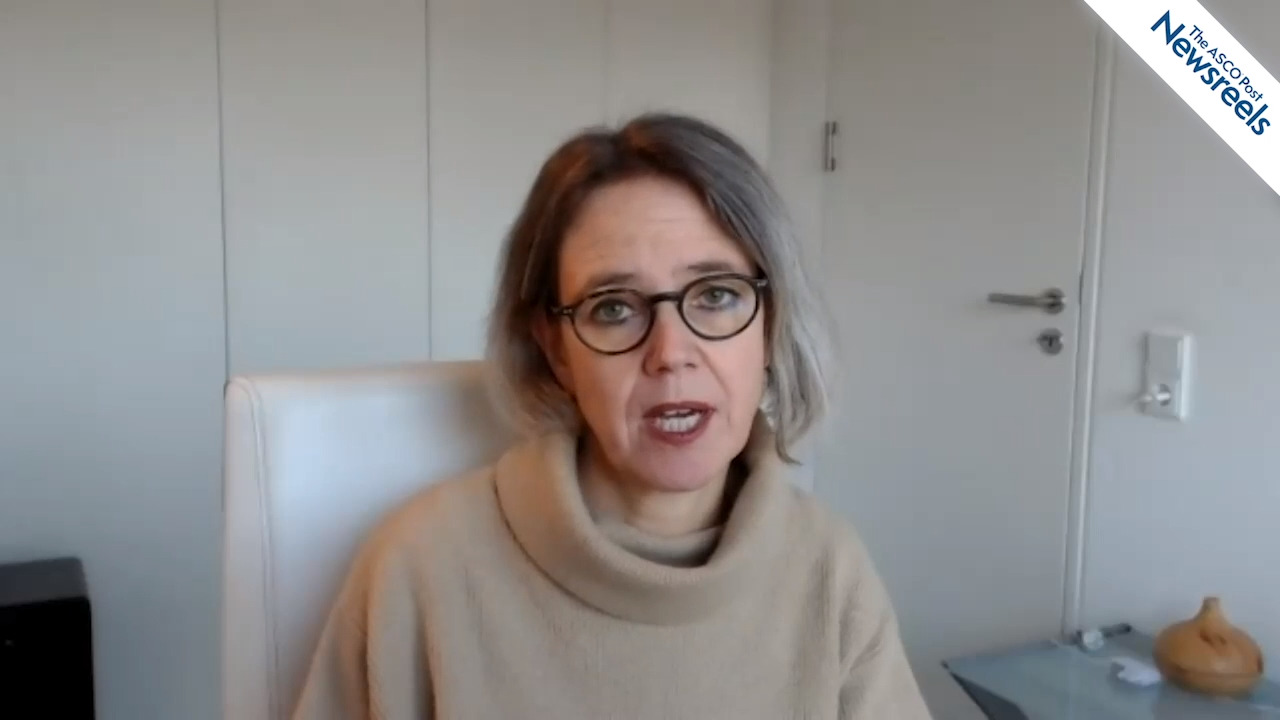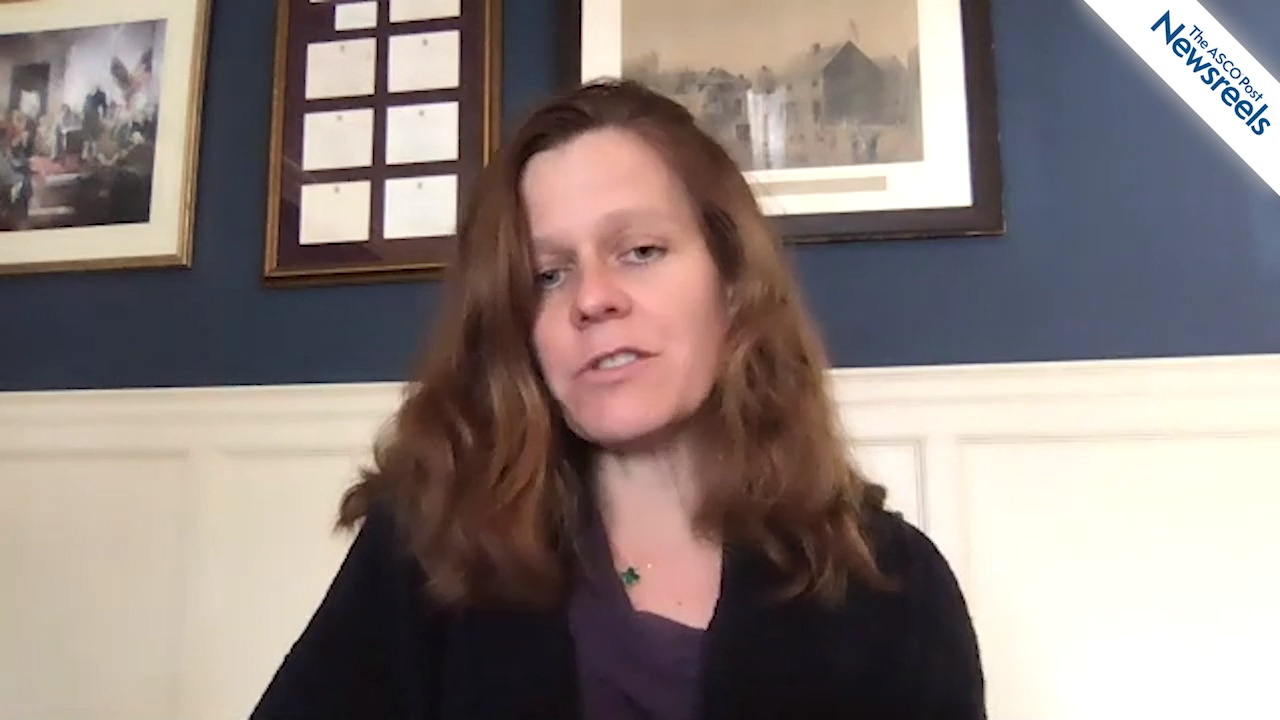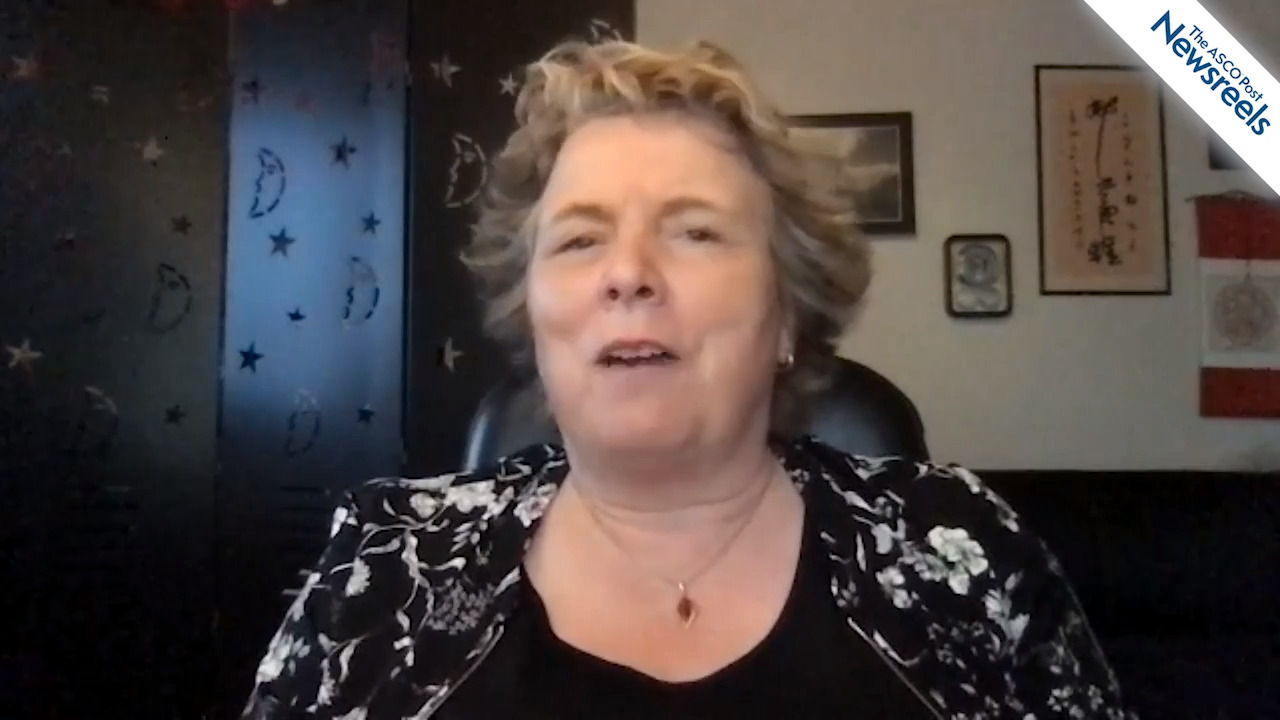Joseph A. Sparano, MD, on HR+, HER2– Breast Cancer: Individualizing Prognosis and Predicting Treatment Success
2020 San Antonio Breast Cancer Symposium
Joseph A. Sparano, MD, of the Montefiore Medical Center and Albert Einstein College of Medicine, discusses the development and validation of a tool that integrates the 21-gene recurrence score and clinicopathologic features to individualize prognosis for distant recurrence and predict chemotherapy benefit in patients with early breast cancer with greater precision (Abstract GS4-10).
The ASCO Post Staff
Chirag Shah, MD, of the Cleveland Clinic, discusses the impact of DCISionRT testing on radiation therapy recommendations for patients with ductal carcinoma in situ following lumpectomy. His study found that despite using traditional favorable-risk criteria, radiation recommendations were changed in more than 40% of patients (Abstract PS6-17).
The ASCO Post Staff
In her recent study, Debra A. Pratt, MD, of the Cleveland Clinic, showed that when breast cancer treatment using any of three modalities takes longer than 38 weeks, it is associated with a decrease in survival, regardless of the receptor status. Patients with breast cancer who received neoadjuvant chemotherapy were more likely to take longer than 38 weeks to complete treatment than those undergoing surgery first (Abstract S11-34 ).
The ASCO Post Staff
Sibylle Loibl, MD, of the German Breast Group, discusses the first phase III results from the PENELOPE-B study of palbociclib combined with endocrine therapy in patients with hormone receptor–positive, HER2-negative primary breast cancer who are at high risk for relapse after neoadjuvant chemotherapy (Abstract GS1-02).
The ASCO Post Staff
Ann H. Partridge, MD, MPH, of Dana-Farber Cancer Institute, discusses results from the ALTERNATE trial on response to neoadjuvant chemotherapy in postmenopausal women with clinical stage II or III estrogen receptor–positive and HER2-negative breast cancer that is resistant to endocrine therapy. The findings highlight the need for more effective treatments in this high-risk population (Abstract GS4-05).
The ASCO Post Staff
Nadia Harbeck, MD, of the University of Munich, discusses the first outcome data from the phase III ADAPT HR+/HER– trial, which combined both static and dynamic biomarkers to optimize the adjuvant therapy approach in patients with intermediate- or high-risk luminal early breast cancer (Abstract GS4-04).
